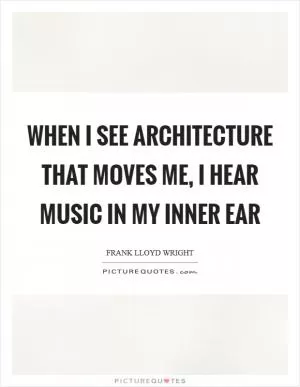
I hate intellectuals. They are from the top down. I am from the bottom up

I hate intellectuals. They are from the top down. I am from the bottom up
Frank Lloyd Wright, one of the most renowned architects of the 20th century, was known for his innovative designs and revolutionary approach to architecture. He was a visionary who believed in creating buildings that were in harmony with their surroundings and that reflected the natural world. However, Wright was also known for his disdain for intellectuals and the academic establishment.Wright famously declared, “I hate intellectuals. They are from the top down. I am from the bottom up.” This statement encapsulates his belief that true creativity and innovation come from a deep connection to the earth and the natural world, rather than from the ivory towers of academia. Wright saw himself as a maverick, a rebel who rejected the conventional wisdom of the intellectual elite in favor of his own instincts and intuition.
Wright’s architectural philosophy was deeply rooted in his belief in organic architecture, which he defined as “the harmonious union of the building with its site.” He believed that buildings should grow out of the landscape, rather than imposing themselves upon it. This philosophy was a radical departure from the prevailing architectural trends of his time, which favored grandiose, monumental structures that often clashed with their surroundings.
Wright’s disdain for intellectuals can be seen in his rejection of the prevailing architectural styles of his time, such as Beaux-Arts and neoclassical architecture. Instead, he drew inspiration from nature, Japanese architecture, and the Arts and Crafts movement. His designs were characterized by their use of natural materials, open floor plans, and integration of indoor and outdoor spaces.
Despite his disdain for intellectuals, Wright was not anti-intellectual. He was a voracious reader and a lifelong learner who drew inspiration from a wide range of sources, including philosophy, literature, and art. However, he believed that true creativity could only come from a deep connection to the earth and a rejection of the artificial constraints imposed by the academic establishment.












 Friendship Quotes
Friendship Quotes Love Quotes
Love Quotes Life Quotes
Life Quotes Funny Quotes
Funny Quotes Motivational Quotes
Motivational Quotes Inspirational Quotes
Inspirational Quotes